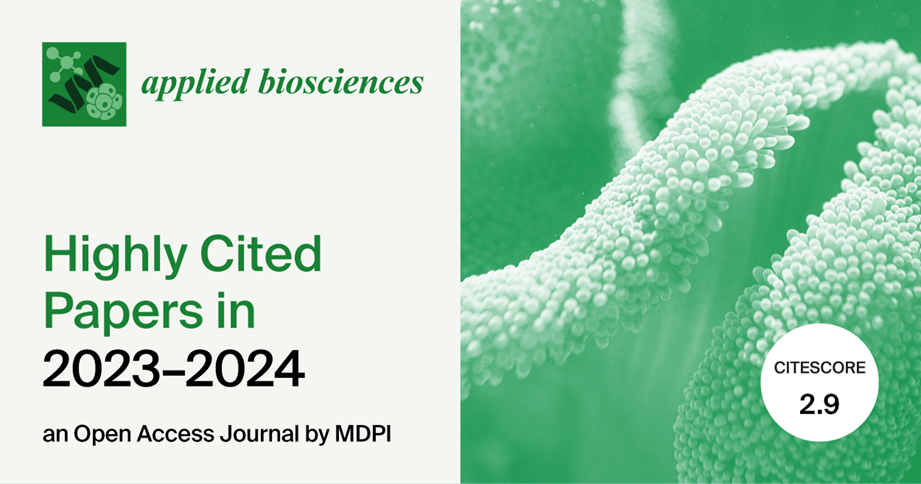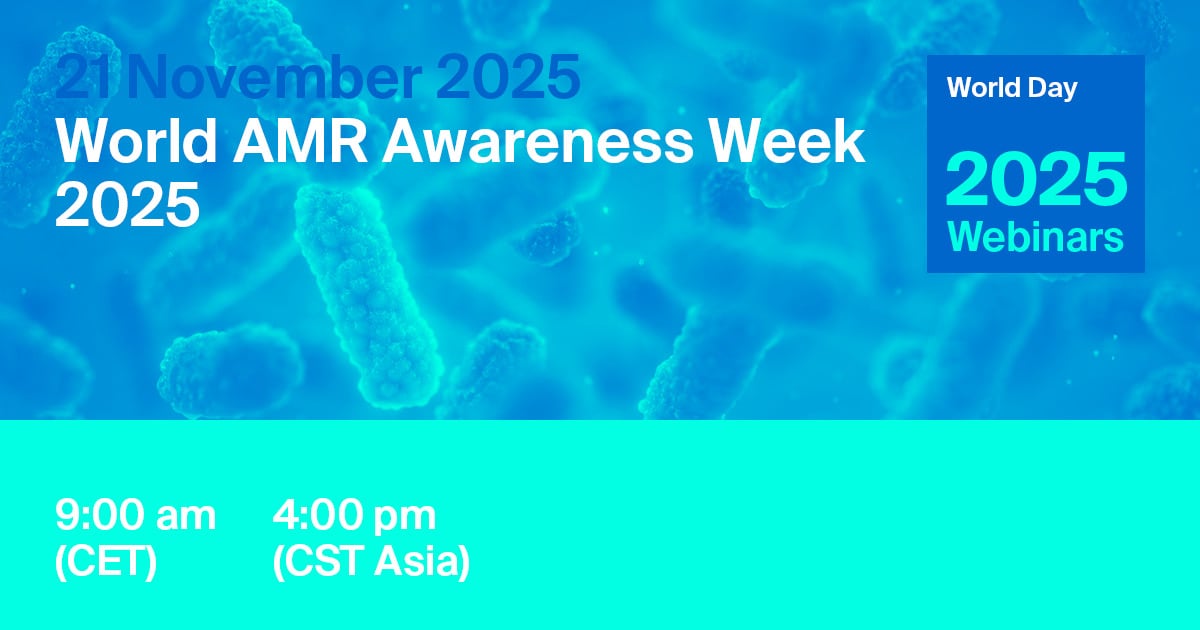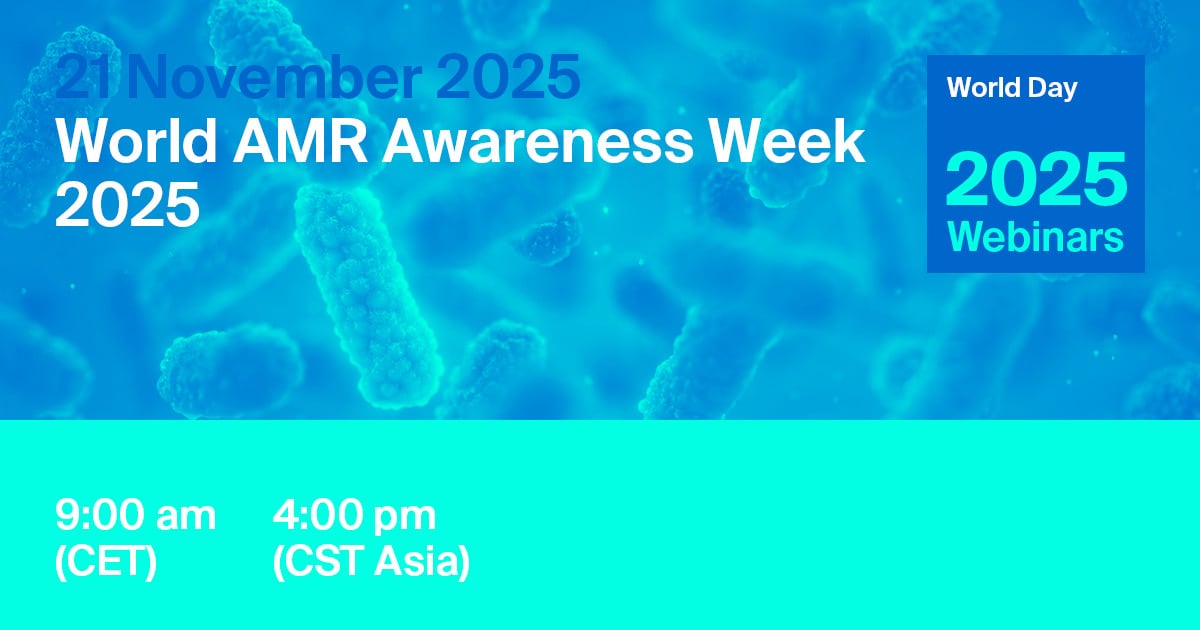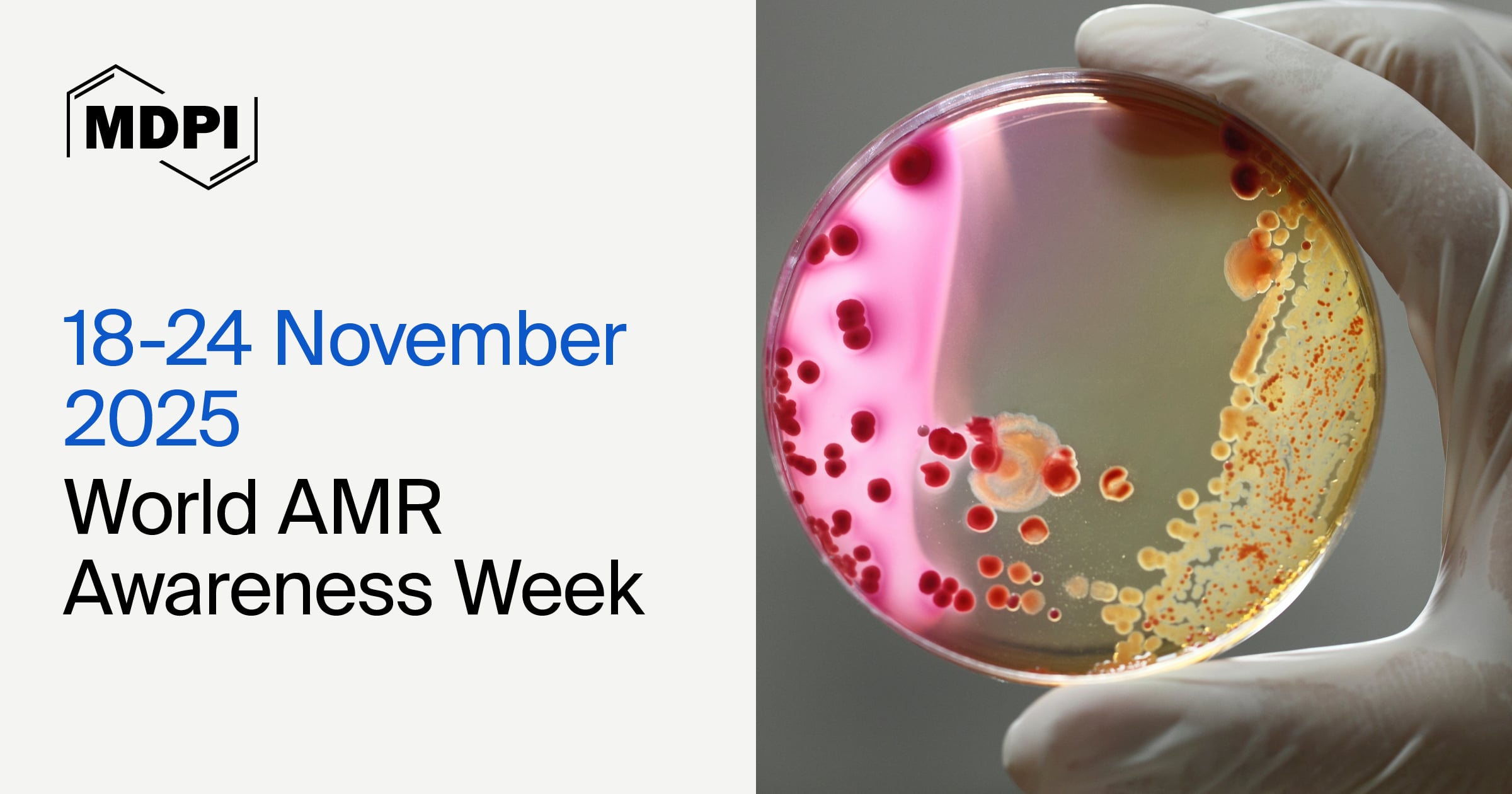- Tracked forImpact Factor
- 2.9CiteScore
- 23 daysTime to First Decision
News & Conferences
Latest News & Announcements
Latest Conferences
Propose a Conference Collaboration
Promote and publicise your upcoming conference with MDPI.
All News & Conferences
News & Announcements
MDPI’s Newly Launched Journals in December 2025
9 January 2026
News & Announcements
Meet Us at the British Society for Developmental Biology 2026 Spring Meeting, 23–26 March 2026, Coventry, UK
26 December 2025
News & Announcements
Applied Biosciences | Highly Cited Papers Published in 2023–2024
12 December 2025
News & Announcements
Article Layout and Template Revised for Future Volumes
11 December 2025
News & Announcements
Meet Us at the 146th Annual Meeting of the Pharmaceutical Society of Japan (Osaka), 26–29 March 2026, Osaka, Japan
9 December 2025
News & Announcements
MDPI Webinar | World Antimicrobial Resistance (AMR) Awareness Week 2025, 21 November 2025
19 November 2025
MDPI Conference
MDPI Webinar | World Antimicrobial Resistance (AMR) Awareness Week 2025, 21 November 2025
21 - 21 November 2025
News & Announcements
World AMR Awareness Week—“Act Now: Protect Our Present, Secure Our Future”, 18–24 November 2025
19 November 2025
News & Announcements
World Diabetes Day, 14 November 2025
14 November 2025
News & Announcements
MDPI Launches the Michele Parrinello Award for Pioneering Contributions in Computational Physical Science
6 November 2025
News & Announcements
Meet Us at the Congress of Microbiology and Biotechnology 2025 (Microbiotec’25), 4–6 December 2025, Ponta Delgada, Portugal
5 November 2025
of 11













